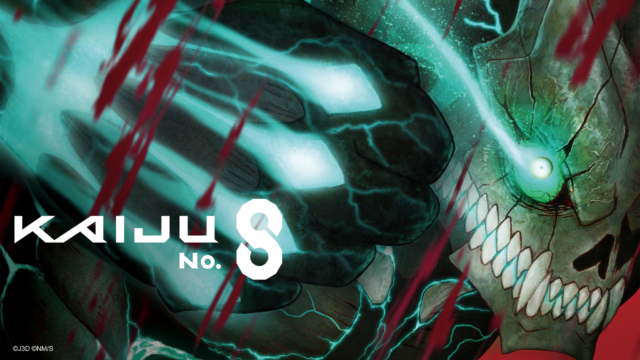English Dub Season Review: The Dreaming Boy Is a Realist Season One
Overview (Spoilers Below):
Wataru Sajō (Gabriel Regojo) has been pestering and asking Aika Natsukawa (Alyssa Marek), a beautiful girl in his class, to go out with him and gets turned down. One day, a flying soccer ball swiftly changes his personality, and he comes to the conclusion he is not worthy of her and begins to distance himself from her. However, Aika mistakenly thinks he now dislikes her, and she starts to get involved with him.
Our Take:
The Dreaming Boy Is a Realist is an anime adaptation of a light novel series written by Okemaru and illustrated by Saba Mizore. It is directed by Kazuomi Koga, with Michiko Yokote writing the scripts and Masaru Koseki handling the character designs. The show is produced by Studio Gokumi and AXsiZ, and Ryohei Sataka composed the music. The opening theme song is “Paraglider” by Kaori Ishihara, while the ending theme song is “Yume wa Mijikashi Koiseyo Otome” (“DREAMS are fleeting, fall in LOVE, girls!”) by Akin Suzumoto.
It’s a bummer when you get turned down repeatedly by a girl you like, so much so that you have a near-death experience amid your attempts to ask her out. At that point, it’s best to move on, but the power of love doesn’t get the memo. The Dreaming Boy Is a Realist turns the tables on the “boy going after a pretty girl” scenario by having the girl perform the same action that made her uncomfortable. To be fair, though, there have been other romance anime that involved a girl chasing a boy she had feelings for, so I wouldn’t call this concept original. But like the other rom-com anime, The Dreaming Boy has to rely on the execution of its plot to make the most out of its basic and awkwardly romantic tropes.
The first half of season one offers what we expected from its concept, in which Wataru distances himself from Aika, making her complexly concerned about him. However, as the series progresses to the second half, it focuses on Wataru redeeming himself without giving in to his usual pervert ways. Part of his “quest” involves helping his female classmates with their troubling personalities, including Yuyu Inatomi’s phobia of men and Mina Ichinose’s shyness and sensibility in the eighth and ninth episodes. This direction is a surprising change of pace for me, as it provided more of a coming-of-age tale of a high schooler learning to be mature around girls amid his goal of giving Aika personal space. The show still involves the complicated relationship between Wataru and Aika in a few episodes, but most of the episodes only center on Wataru being a changed gentleman. It also has a few moments of Aika’s character growth, starting with her first encounter with Wataru in middle school.
The Dreaming Boy Is a Realist is, unsurprisingly, another high school rom-com series about an unlikely pair gradually becoming lovers. However, its change in direction involving Wataru during summer vacation helped provide enough intrigue in its straightforward concept to prevent getting dumped earlier than I expected. The execution of its comedy and plot can be hit-and-miss depending on viewers’ expectations, mainly during the first half. Still, it offered some enjoyable moments to keep me amused.
One of them is the characters, who are likable enough to overshadow most of their formulaic personalities. I relate to Wataru in specific episodes, as we both attempt to be generous toward women, especially ones involving Wataru helping Mina at a bookstore. It’s a challenge to make women feel comfortable around you without saying something stupid that’ll offend them, and I thought the show did an okay job portraying this topic. I also thought Gabriel Regojo was decent in portraying Wataru’s personality, especially when it involved his freakouts. I was initially concerned about Alyssa Marek as Aika because she sounded a bit old to voice a high schooler, but I quickly changed my views as the series progressed.
Overall, The Dreaming Boy Is a Realist is real enough to bypass most of its straightforward rom-com elements. With the second half delivering a much-needed change of pace in its concept, the series offered another watchable and periodically amusing experience that viewers would expect from a high school romantic comedy plot. The English voice cast was solid enough to provide likability to their characters, and the animation from Studio Gokummi and AXsiZ showcased some decent visuals to coincide with its hit-and-miss humor and plot. I wouldn’t call this “best teen rom-com anime” material, but I think fans of the genre would find something worth pursuing.
























"There are also other characters that come and go (also owned by the Warner Bros. Discovery conglomerate media company)."
Huh. Is that just referring to other characters from the show itself, or is this implying that the new season is going to have cameos from other WBD IPs